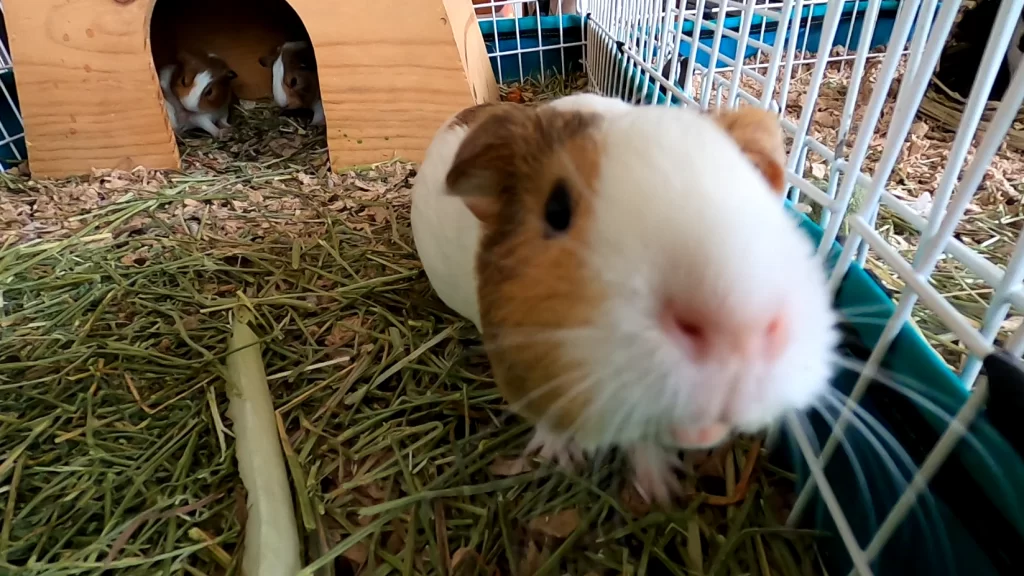Dental health is an important aspect of overall health for hamsters. Hamster teeth are constantly growing, and if they don’t wear down naturally, it can cause dental problems, including pain, tooth loss, and difficulty eating. In this article, we will discuss the basics of hamster dental health and care, including signs of dental problems, prevention, and treatment.

- Dental Anatomy of Hamsters
Hamsters have four incisors and molars in each jaw, for a total of 16 teeth. These teeth are constantly growing, and as they grow, they must be worn down through regular chewing and gnawing on hard objects.
Signs of Dental Problems
There are several signs of dental problems to watch for in hamsters, including:
- Overgrown or misaligned teeth: Overgrown or misaligned teeth can cause pain and difficulty eating.
- Drooling or excessive salivation: Hamsters with dental problems may drool or have excessive salivation due to pain.
- Loss of appetite: Dental problems can make it difficult for hamsters to eat, leading to a loss of appetite.
- Weight loss: If a hamster is not eating well, they may experience weight loss.
- Difficulty chewing: Hamsters with dental problems may have difficulty chewing or may prefer soft foods over hard foods.

- Prevention
Preventing dental problems in hamsters involves providing them with a healthy diet, regular dental check-ups, and plenty of opportunities to chew and gnaw on hard objects.
- Diet: A healthy diet that is high in fiber can help prevent dental problems in hamsters. This includes providing a variety of fresh fruits, vegetables, and high-quality hamster food.
- Regular dental check-ups: Regular veterinary check-ups can help detect and prevent dental problems in hamsters.
- Chewing opportunities: Providing plenty of hard objects to chew on, such as chew toys, wooden blocks, and mineral blocks, can help wear down hamster teeth naturally.
- Treatment
- If a hamster is experiencing dental problems, treatment may include trimming their teeth or providing them with medication for pain or inflammation. In severe cases, tooth extraction may be necessary.
- Trimming teeth: Trimming teeth can help correct overgrown or misaligned teeth in hamsters and relieve pain.
- Medication: Providing medication for pain or inflammation can help ease discomfort associated with dental problems.
- Tooth extraction: In severe cases, tooth extraction may be necessary to relieve pain and prevent further dental problems.

In conclusion, dental health is an important aspect of overall health for hamsters. Signs of dental problems to watch for in hamsters include overgrown or misaligned teeth, drooling or excessive salivation, loss of appetite, weight loss, and difficulty chewing. Preventing dental problems in hamsters involves providing a healthy diet, regular dental check-ups, and plenty of opportunities to chew and gnaw on hard objects. If a hamster is experiencing dental problems, treatment may include trimming their teeth, providing medication for pain or inflammation, or tooth extraction if necessary. By providing proper dental care and monitoring for signs of dental problems, you can help ensure the health and well-being of your pet hamster.